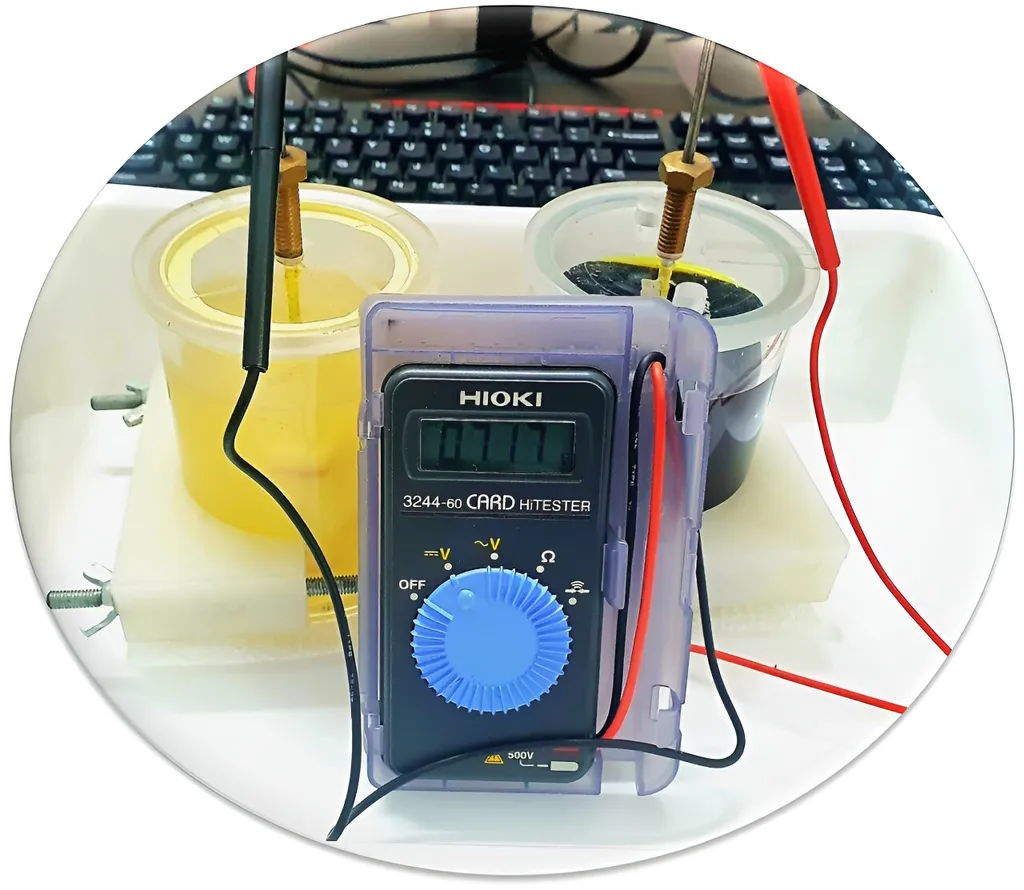In the quest for sustainable energy solutions, scientists are increasingly turning to microbial fuel cells (MFCs) as a promising technology for both wastewater treatment and electricity generation. A recent review published in *Materials Reports: Energy* (translated from Chinese as *Materials Reports: Energy*) sheds light on the critical role of anode materials in enhancing the performance of MFCs, offering insights that could revolutionize the energy sector.
Microbial fuel cells harness the power of microorganisms to break down organic matter in wastewater, generating electricity in the process. However, the efficiency of these systems has been hampered by suboptimal anode materials, which are crucial for electron transfer and organic decomposition. “Anodes play the most critical role in electron transfer and organic decomposition, directly determining the performance of MFCs,” explains Haixia Du, lead author of the study and a researcher at the College of Urban Construction, Nanjing Tech University.
The review highlights the extensive exploration of carbonaceous materials and carbon-supported conductive composites to optimize electron transfer on the anode. These materials boast large surface areas and excellent electrical conductivity, making them ideal candidates for enhancing MFC performance. “The development of anode materials with a particular structure and performance to satisfy field-scale long-term operation of MFCs remains a huge research challenge,” Du notes.
The study delves into recent advances in anode development and optimization, discussing applications of MFCs with advanced anodes in the remediation of various types of wastewater. It emphasizes the superiorities of MFCs in wastewater treatment, including their ability to generate bioelectricity while cleaning water. This dual functionality presents a significant commercial opportunity for the energy sector, as it addresses both environmental remediation and energy generation.
The research also provides perspectives on future directions for MFC development, aiming to guide further exploration in this field. As the world seeks sustainable energy solutions, the insights from this review could pave the way for more efficient and scalable MFC technologies, ultimately contributing to a cleaner energy future.
The study, published in *Materials Reports: Energy*, underscores the importance of continued research and innovation in anode materials to unlock the full potential of microbial fuel cells. With advancements in this area, the energy sector could witness a paradigm shift towards more sustainable and efficient wastewater treatment and power generation.

